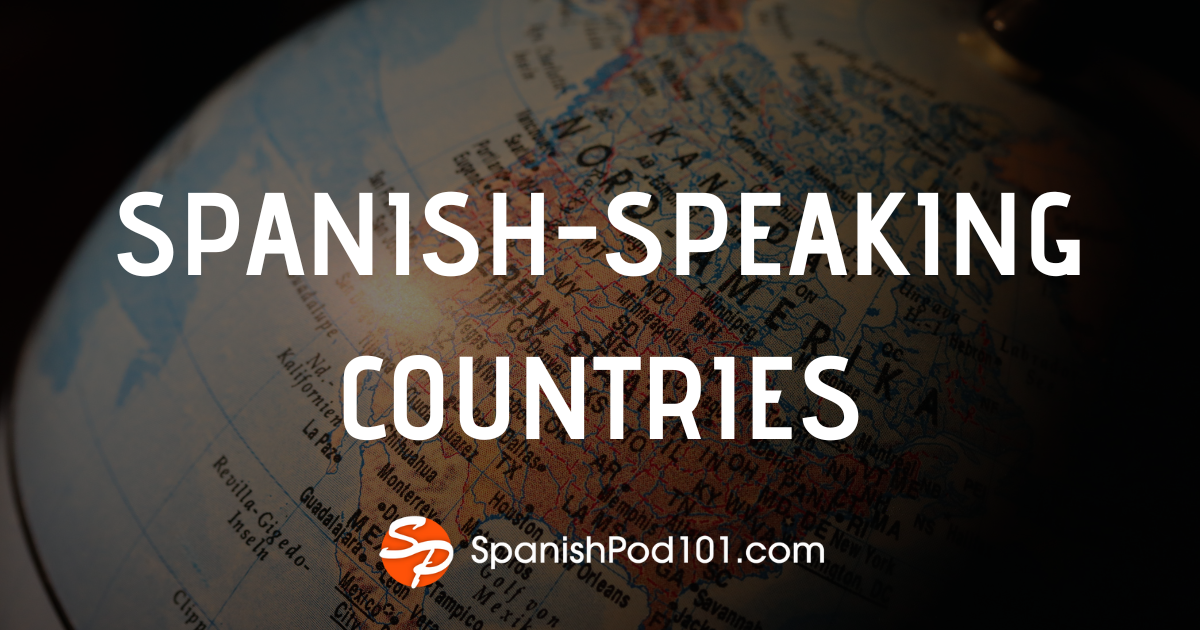Archive for the 'Spanish Holidays' Category
October 29, 2025
Halloween and the Day of the Dead in Mexico
As October turns to November, Mexico enters one of its most visually striking and spiritually rich seasons. While Halloween is gaining ground among younger generations, the country’s true cultural centerpiece is Día de los Muertos — the Day of the Dead — a vibrant celebration of life, death, and memory that has captivated visitors and locals alike.
Table of Contents
Halloween in Mexico
The Origin of Day of the Dead
Traditions and Symbols
Modern Celebrations and Tourist Highlights
A Celebration of Life
1. Halloween in Mexico
So, is Halloween celebrated in Mexico? Yes, though in a lighter and more localized way.
In major cities, children dress in costumes and go door to door chanting for candy in a tradition known as “pedir... Show more
April 23, 2021
The Spanish Culture: A Guide to the Peculiarities of Spain
Are you planning on visiting Spain? This European country has many peculiarities you might not have heard about before, but no fear! Here you’ll find all you need to know to immerse yourself in the Spanish culture.
The culture of Spain is very unique, colored by its people’s outlook on life. Studying the Spanish language and culture opens a window to the country’s rich history, tradition, and lifestyle, beyond the clichés of paella, flamenco, and siesta.
In this guide, you’ll find the key Spanish culture facts you need to get a closer look at life in this sunny and lively Mediterranean country.
Table of Contents
Values and Beliefs
Family and Work
Religions
Traditional Holidays
Food
Art
Final Thoughts
... Show more
December 10, 2020
A Traditional Christmas Countdown: Las Posadas in Mexico
Can you believe it’s almost Christmas? It’s the time of year when the cold of winter culminates to a time of warmth, joy, and compassion.
Did you know that in Mexico, there’s an entire nine-night festival leading up to Christmas?
In this article, you’ll learn about the Las Posadas holiday, how it got started, and more fun Las Posadas facts.
Are you ready?
1. What is Las Posadas?
Each year, Mexicans observe the Las Posadas festival from December 16 to December 24. For these nueve noches ("nine nights"), Mexicans commemorate the journey of Mary and Joseph, the parents of Jesus.
This long holiday, leading up to Navidad ("Christmas"), first came to Mexico in the year 1586. Prior to this, the... Show more
April 24, 2020
Día del Trabajo: Celebrating Labor Day in Mexico
On Labor Day, Mexico both commemorates the events leading up to the implementation of the Mexican Constitution of 1917 and takes a day off from the same-old-same-old of work. In this article, you’ll learn more about the origins of this holiday, how to celebrate Labor Day in Mexico, and some useful vocabulary!
Let’s get started.
1. What is Labor Day?
On the Labor Day holiday, Mexico reflects on the history of labor in the country and celebrates the 1917 Constitution that allowed for better workers’ rights.
For many years (particularly in the late nineteenth century), Mexican workers faced the plight of poor working conditions, lower wages than their American counterparts, a lack of respect, and the inability to... Show more
March 27, 2020
Semana Santa: Celebrating Holy Week in Spain
Semana Santa, or Holy Week in Spain, is a Christian holiday season widely celebrated throughout the country. This holiday has a long history in Spain, and traditions today are a mix of the old and new.
In this article, you’ll learn what the most important holy days of this week represent, how the Spanish celebrate Holy Week as a whole, and more facts about Spanish Holy Week.
Let’s get started!
1. What is Holy Week?
In Spain, Holy Week is a major celebration period that starts on Palm Sunday and ends the day before Easter. Thus, this week is composed of six very important days for Christian Catholics in the country. However, four of these days tend to be more fervently celebrated than the others:
Palm Sunday... Show more
February 14, 2020
Día de la Bandera: Celebrating Mexican Flag Day
On Mexican Flag Day (Dia de la Bandera), the people of Mexico celebrate their country’s flag and the aspects of independence it depicts. This is a significant holiday in Mexico, and one draped in colorful symbolism.
In this article, you’ll learn about National Flag Day, Mexico’s gradual victory toward independence from Spain, and more fun facts about the Flag of Mexico. Let’s get started!
1. What is National Flag’s Day in Mexico?
In Mexico, National Flag Day is a day set aside to honor the Mexican Flag. This holiday has its origins in 1935, when a Bank of Mexico employee (Benito Ramírez) set up a special honor guard to celebrate the Flag of Mexico. Five years later, in 1940, National Flag’s Day became an official holiday at... Show more
December 21, 2019
Epifanía: Celebrating Epiphany Day in Spain
Epiphany Day in Spain is one of the most popular Christian holidays in the country. Each year, it’s met with an abundance of enthusiasm and many colorful traditions. In this article, you’ll learn about the Epiphany celebration in Spain as well as the stories behind the holiday.
At SpanishPod101.com, it’s our goal to ensure that every aspect of your language-learning journey is both fun and informative—starting with this article!
Ready? Let’s dive in.
1. What is Epiphany in Spain?
On Epiphany Day, Spain celebrates the visit of the Reyes Magos, or "Biblical Magi," from the Orient to the newborn Baby Jesus. They brought him gold, incense, and myrrh as gifts.
Some people also celebrate Epiphany as the day on which Jesus was... Show more
December 2, 2019
Día de la Constitución: Constitution Day in Spain
The current Constitution of Spain went into effect in 1978, setting certain changes in motion for the country. In this article, you’ll learn about what those changes are, what happens on Constitution Day in Spain, and more fun facts about the Constitution of Spain!
Understanding a country’s history and culture is essential is being able to master its language. And at SpanishPod101.com, we believe that learning Spanish should be both fun and informative—starting with this article!
Are you ready? Let’s get started.
1. What is Constitution Day in Spain?
The courts approved the 1978 Constitution on October 31, a referendum approved it on December 6, and the King signed and proclaimed it on December 27. It went into effect on... Show more
August 16, 2019
Tomato Fight: Spain’s La Tomatina Festival
During La Tomatina, Spain’s citizens throw tomatoes at each other. This Tomato Fight in Spain takes place every year, and has a rather fascinating origin story. In this article, you’ll learn several La Tomatina facts to increase your cultural knowledge. And maybe you can convince your country to start a tomato-throwing festival… ;)
At SpanishPod101.com, we hope to make this learning journey both fun and informative. So let’s get started!
1. What is La Tomatina?
As for the La Tomatina history, the Tomatina Festival began in 1945, when a parade for another festivity called the "Feast of Giants and Big-Heads," refused to allow certain young people to take part in it. This led to a fight between the young people and the parade... Show more
June 21, 2019
Running of the Bulls: San Fermin Festival in Spain
Each year, the Spanish celebrate La Fiesta de San Fermin (or the "San Fermin Festival"). Known in particular for its Running of the Bulls tradition, the Fiesta de San Fermin is one of the most iconic Spanish holidays!
Learn some fascinating Running of the Bulls facts, including which American writer helped popularize it, with SpanishPod101.com! In learning about this fun, traditional Spanish holiday, you’re allowing yourself to see more layers of Spanish culture. And as successful Spanish learner can tell you, knowing a country’s culture is vital in mastering its language!
Let’s get with it, and start learning about the San Fermin Spain is so famous for.
1. What is San Fermin?
To start, where is the Running of the Bulls... Show more









